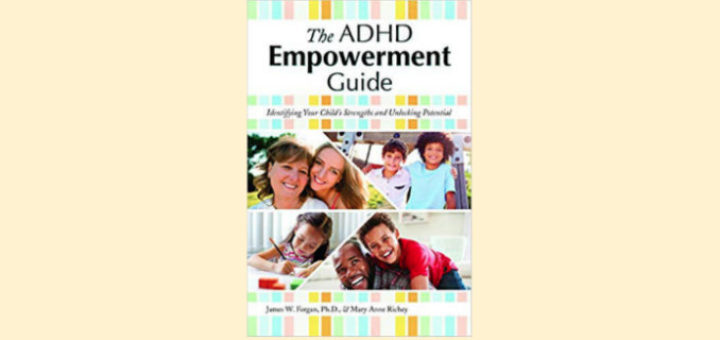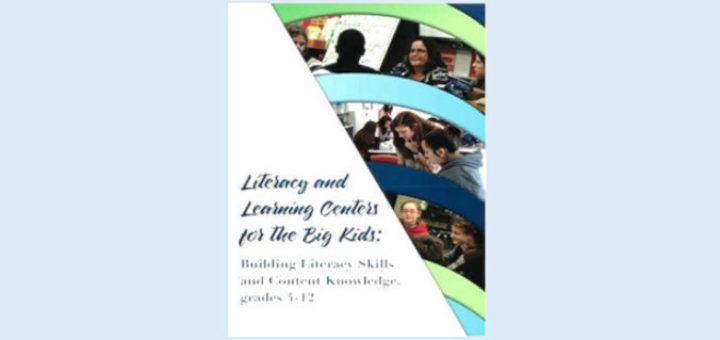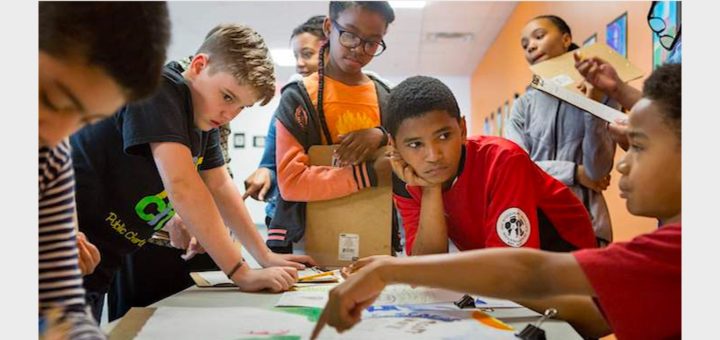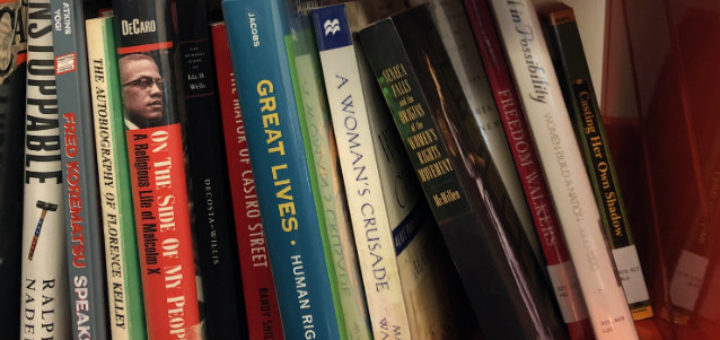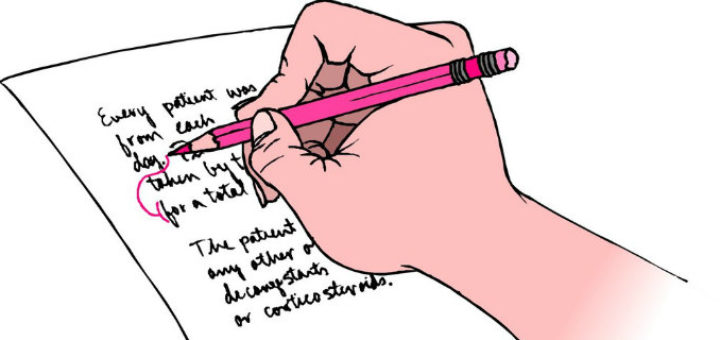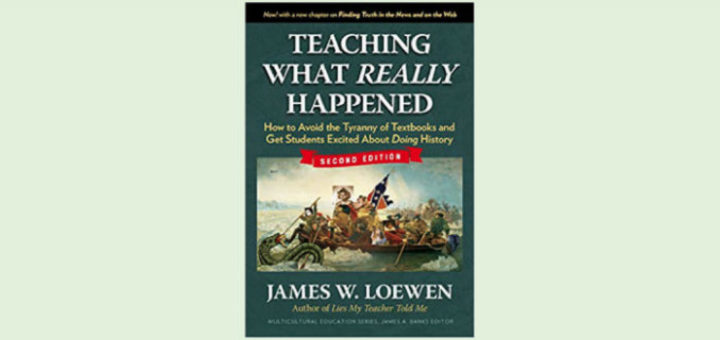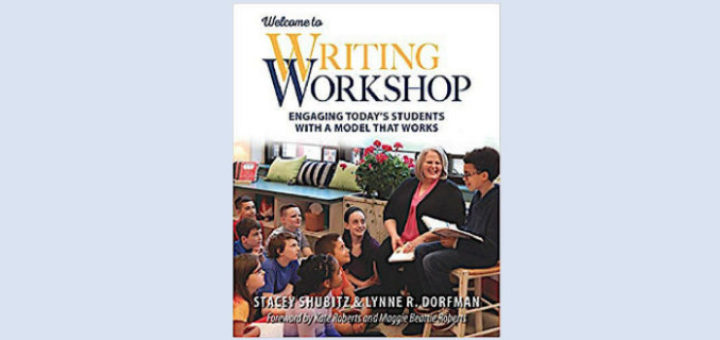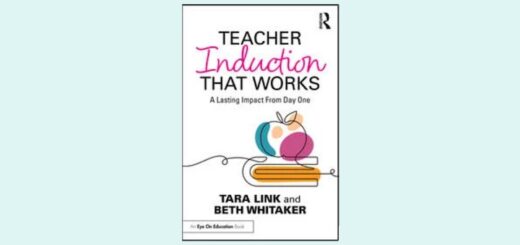Teaching and learning in grades 4-8
Is it ever possible to do everything needed to be a consistently effective teacher? Look over Barbara Blackburn’s strategies to develop circumstances where you can thrive: avoid perfectionism, try incremental change, peruse helpful time management resources, and more.
Educator Joanne Bell was attracted to The ADHD Empowerment Guide because the authors focus on students’ strengths and potential – not just problems and comorbidities. The resource-filled book details how an analysis of strengths can be used to help kids facing ADHD challenges.
Thanks to Literacy and Learning Centers for the Big Kids, secondary teachers across the content areas won’t need to tweak elementary guides and hope things work with older kids. Instructional coach Janice Rustico finds the start-to-finish help just what her teachers need.
Teaching the “NGSS Way” is challenging, admits science specialist Kathy Renfrew, but unlike 2013 when the New Generation Science Standards were first released, teachers can now find plenty of high quality lessons and video demos to help achieve 3-D science classrooms.
How can history students use resource books more effectively in their research papers? Taking a cue from a staff meeting, Sarah Cooper devised a handout to help 8th graders quickly scope out a nonfiction book and find stories and quotes to enliven their papers. It worked!
Even if we don’t yet teach in a grade-less utopia, there are steps teachers can take to become more accurate and equitable in our grading policies. Cheryl Mizerny shares steps toward fairer grading: eliminate zeroes, avoid extra points, don’t grade homework, and more.
As much as we love teaching, summer break presents valuable time and opportunity to reflect and rejuvenate – and also retool and sharpen our skills through self-directed professional learning. To help, Curtis Chandler presents an awesome collection of free PD options.
In a new edition of Teaching What Really Happened, Loewen moves beyond textbook distortions of historical facts and calls for teaching unvarnished history to educate “critical citizens.” History educator Michael DiClemente highlights insights all K-12 teachers can use.
Discover the potential of writing workshop to welcome students into engaging and productive writing practice in Shubitz and Dorfman’s Welcome to Writing Workshop. You’ll find all your questions about writing workshop answered, promises teacher educator Linda Biondi.
What learning ideas have you packed away for summer reflection? With her 4th graders almost out the door, Mary Tarashuk is organizing her literacy notes and resources for a soon to be purchased hope chest, with plans to further evolve her writing workshop skills this fall.


